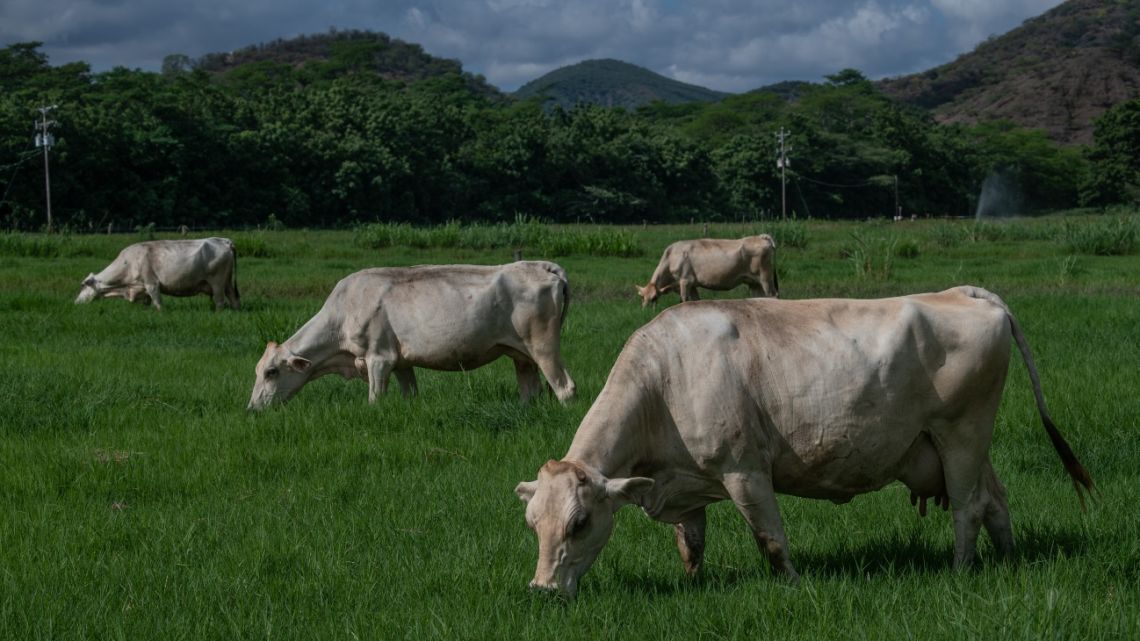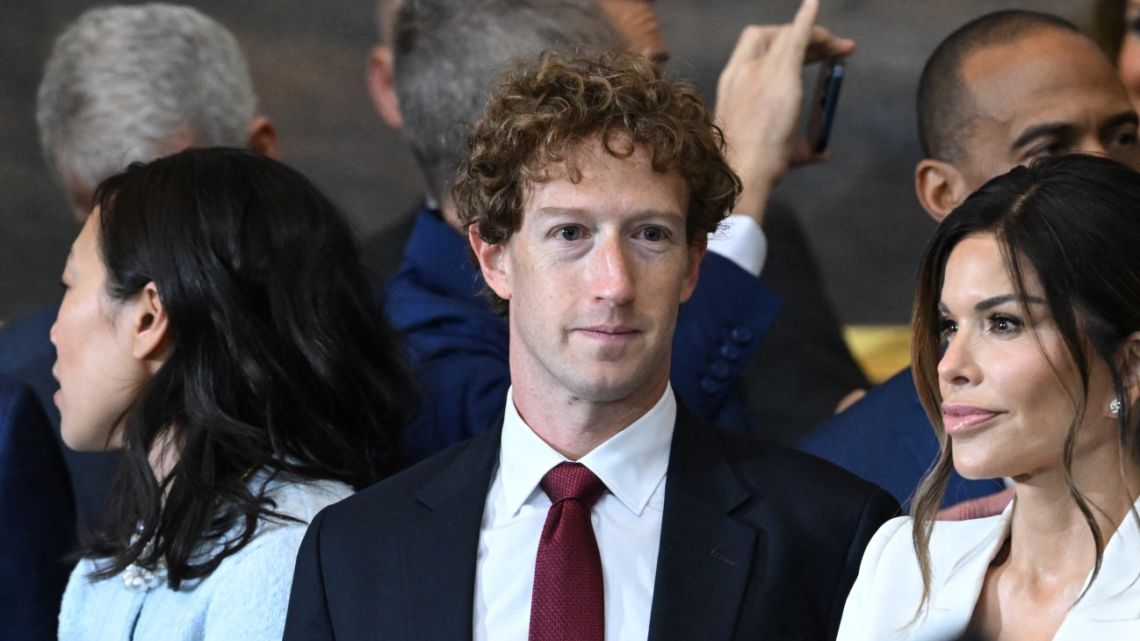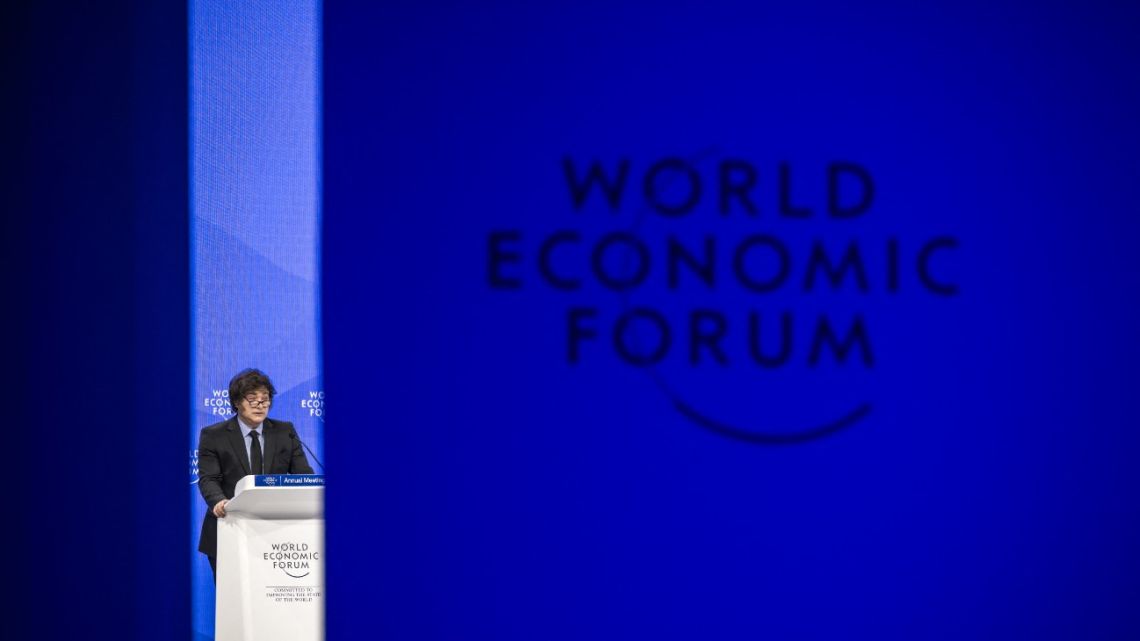(Analysis) Amidst the snowy grandeur of Davos, where the world’s elite gather to forge tomorrow’s paths, Brazil stands at a crucial juncture.
The World Economic Forum 2025 showcases a Brazil that, although less illuminated by the U.S. under President Trump, is weaving a tapestry of resilience and strategic recalibration.
Influential figures like Flavio Souza of Itaú BBA and David Vélez of Nubank have observed Brazil’s waning prominence on the U.S. radar, particularly as the Trump administration diverts its focus.
With its known reservations about climate action and international accords, the current U.S. leadership might overlook Brazil’s strides in sustainability and environmental stewardship.
This has instilled a cautious approach among investors, viewing Brazil with less urgency for investment than in previous times. However, Brazil refuses to slip into the shadows.
 The Tale of Brazil at Davos 2025: Charting a Course Through Shifting Global Currents. (Photo Internet reproduction)
The Tale of Brazil at Davos 2025: Charting a Course Through Shifting Global Currents. (Photo Internet reproduction)Its economy is on an upward trajectory, with GDP growth forecasted at 3.5% for 2024, though it faces hurdles like a 5% inflation rate and persistent fiscal challenges. Here, Brazil is reshaping its strategy:
Environmental Stewardship:
Hosting the UN COP30 in Belém is more than an event; it’s a statement of intent. Brazil’s pledge for zero deforestation by 2030 aims to position it as a leader.
This comes at a time when environmental commitments might be undervalued by some global powers. This commitment signifies Brazil’s determination to carve out a new, sustainable identity, independent of U.S. policy inclinations.
Critical Minerals:
Harnessing its vast reserves of rare earths and uranium, Brazil is making bold moves in the global market. The country has the third-largest rare earth reserves in the world and is actively developing its rare earths industry to challenge China’s dominance.
The Serra Verde mine has begun commercial production, signaling Brazil’s ambition to become one of the top five rare earth producers globally. Additionally, there’s a renewed push for uranium exploration, aiming to capitalize on the global appetite for nuclear power.
This strategic move into critical minerals not only diversifies Brazil’s economic portfolio but also underscores its potential in the energy transition narrative.
Investment Opportunities:
Despite global hesitance, Brazil’s market still sparks interest. Nubank’s potential relocation to the UK signals a broader strategy, possibly gearing up for a U.S. market penetration.
Meanwhile, Brazil’s government actively promotes investment in sustainable ventures. This aligns with an international community still passionate about sustainability, irrespective of U.S. governmental trends.
This strategic focus on sustainability and resource management is paying dividends, as evidenced by Brazil securing the second-highest Foreign Direct Investment (FDI) globally in 2024, with an influx of $67 billion.
This influx showcases a robust resurgence in investor interest, especially in sectors like the automotive industry. Global manufacturers are betting on Brazil’s expansive market and its burgeoning middle class.
As the conversations at Davos proceed, Brazil’s story isn’t one of decline but of agile adaptation. This FDI success story directly reflects the effectiveness of Brazil’s environmental and mineral strategies in attracting investment, even in a climate where U.S. policy might not prioritize these areas.
Brazil’s current narrative is about exploiting its environmental pledges and mineral resources to remain significant and attract investment on its own terms.
Conclusion:
In conclusion, Brazil at Davos 2025 narrates a story of strategic evolution. With the U.S. potentially sidelining environmental efforts, Brazil doubles down on its commitments, enhancing its role in critical minerals.
This is a tale of a nation not just responding to global shifts but actively shaping its future. It showcases innovation, resilience, and a steadfast commitment to sustainability and resource management, regardless of the prevailing U.S. policy climate.

 By The Rio Times | Created at 2025-01-23 11:59:27 | Updated at 2025-01-23 16:50:23
5 hours ago
By The Rio Times | Created at 2025-01-23 11:59:27 | Updated at 2025-01-23 16:50:23
5 hours ago








